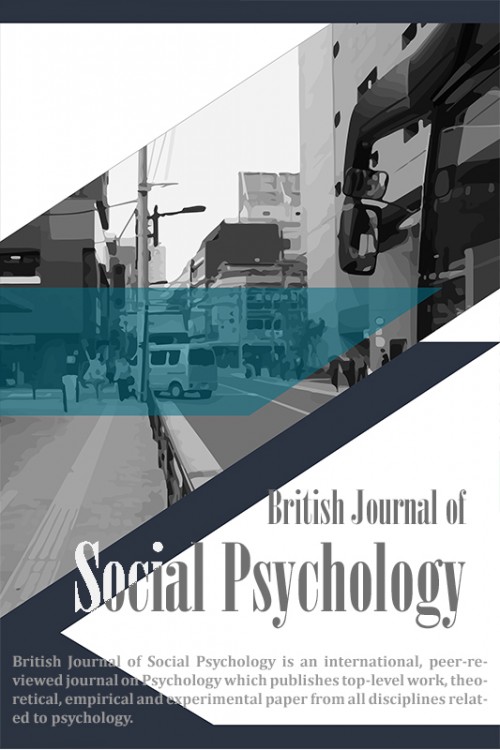
Prediction of Acceptance and Commitment based on Mindfulness and Cognitive Regulation of Emotions in Men and Women
Abstract
In the third wave of psychotherapists known as postmodern psychotherapy, it is believed that cognition and emotion should be considered in the conceptual context of phenomena. One of the approaches of the third wave of psychotherapy is the acceptance and commitment approach. Obviously, this approach accepts the change in the functioning of thoughts and emotions instead of their transformation, content or abundance. The purpose of this study was to predict mindfulness and emotional adjustment based on acceptance and commitment. The research was fundamentally seminal and in terms of data collection, it was a descriptive study which was carried out in the framework of a prediction correlation design. The statistical population of this study consisted of married employees of agricultural and export banks of Kashan. The research sample consisted of 151 married employees who were selected using random sampling method. For data collection, acceptance and practice questionnaires (second version), Freiburg mindfulness and Vygotsky's cognitive emotional regulation questionnaires were used. Findings showed that acceptance and commitment had a significant relationship with mindfulness (r = 0.47), positive emotional regulation (r = 0.33) and negative emotional regulation (r = 0.36). Also, regression analysis with the value pf (p< 0.05) indicates that mindfulness and emotional regulation are predictors of acceptance and commitment. Also, the results of the research indicate that both mindfulness and emotional regulation (positive and negative) can play an effective role in acceptance and commitment.